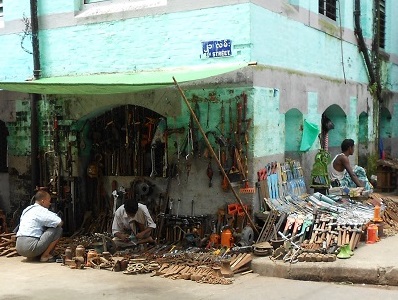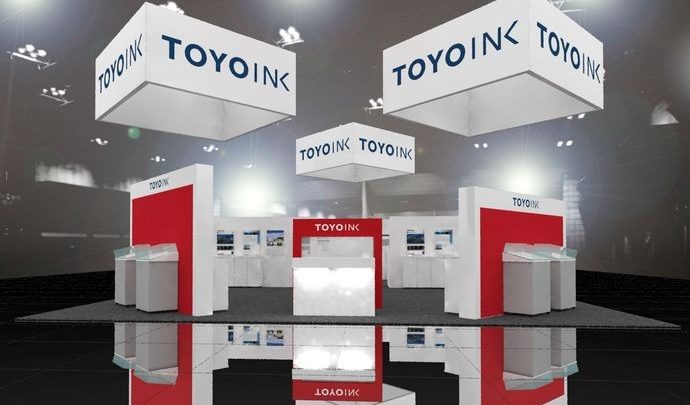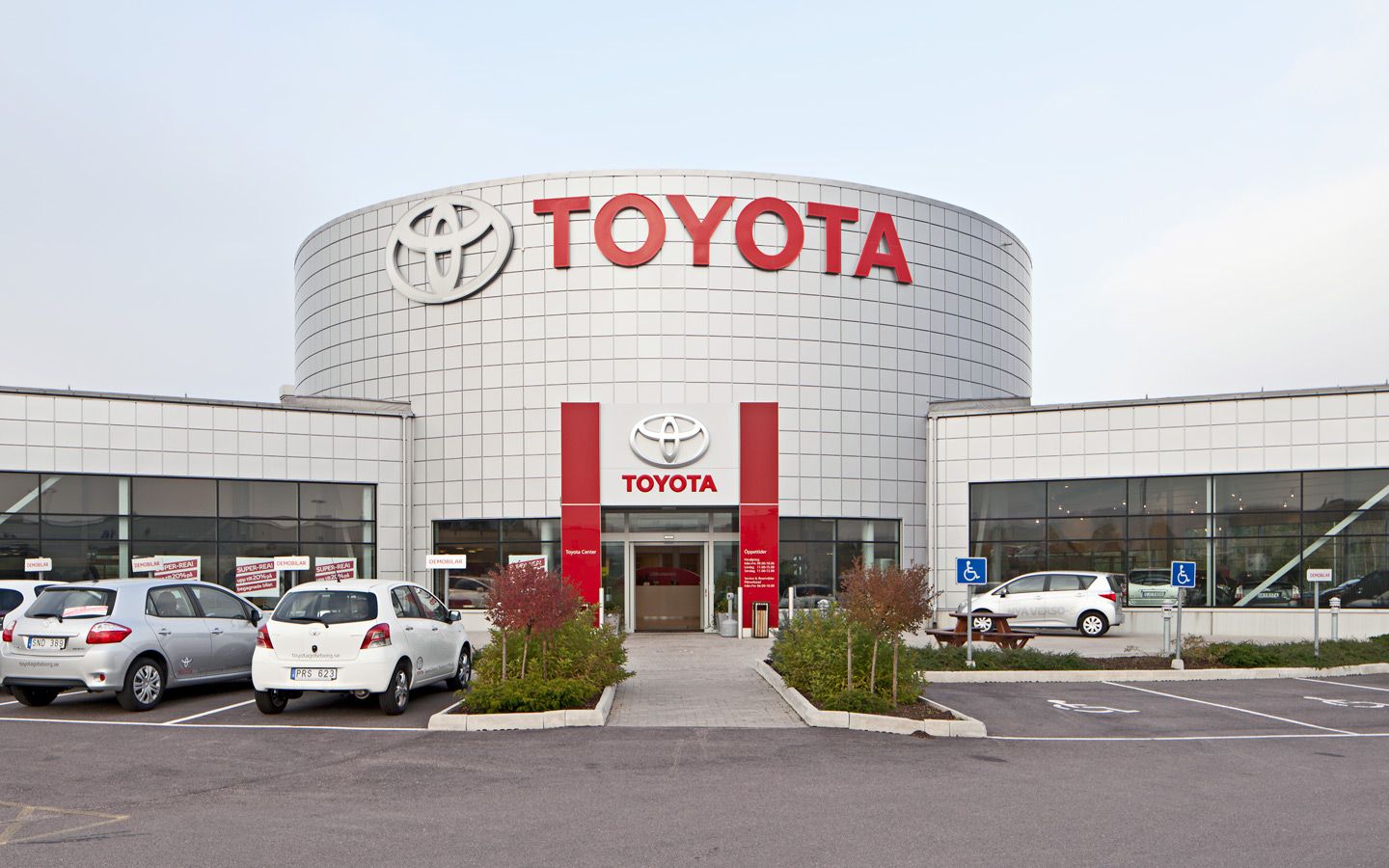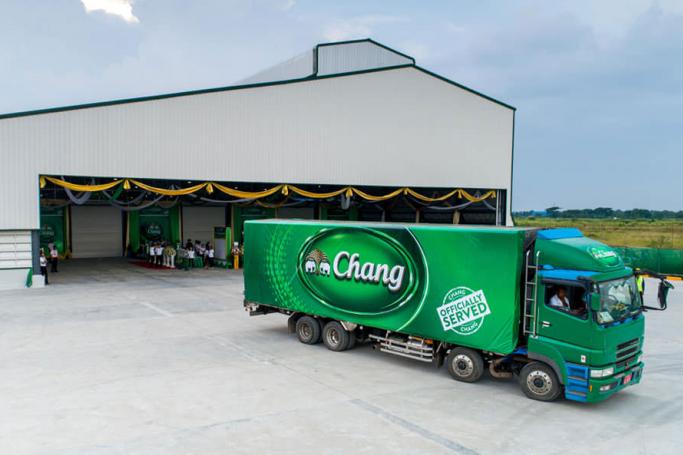
The government has launched a national roadmap for the aquaculture industry to develop the sector and to illustrate the market opportunities and hurdles.
The Ministry of Agriculture, Livestock and Irrigation launched the National Aquaculture Development Plan 2019-2023 on March 13. The plan aims to provide policy and institutional framework for sustainable development of Myanmar’s aquaculture sector.
The National Aquaculture Development Plan will be in close alignment with other economic development plans such as the Agricultural Development and Investment Strategy, Multi-sectoral National Plan of Action on Nutrition and Myanmar Sustainable Development Plan.
The output of aquaculture increased incrementally at 4 percent every year from 0.75 million metric tonnes to 1.13 million metric tonnes between 2008 and 2016 while the output of capture fishery rapidly rose at 7.47pc annually from 2.77 million metric tonnes to 4.74 million metric tonnes.
Since 2016 the growth rate of aquaculture has risen markedly at 3.38pc in 2016-2017, and 7.79pc in 2017-2018, while that of capture fishery decreased at 1.1pc in 2016-2017, and 2.6pc in 2017-2018.
Developing the aquaculture sector will create plenty of employment opportunities in rural areas. The NADP outlines a broad range of activities to achieve as many as 33 aquaculture development targets. It has a budget of US$125.7 million from 2019 to 2023.
Source: Myanmar Times





 During three months of the current fiscal year, Myanmar earned over 250 million US dollars from the exports of around 900,000 tons of rice and broken rice, according to Myanmar Rice Federation.Till December 27 of 2019-20 FY, Myanmar exported 894,889.703 tons of rice and broken rice worth 256.452 million US dollars.
During three months of the current fiscal year, Myanmar earned over 250 million US dollars from the exports of around 900,000 tons of rice and broken rice, according to Myanmar Rice Federation.Till December 27 of 2019-20 FY, Myanmar exported 894,889.703 tons of rice and broken rice worth 256.452 million US dollars. The grand opening ceremony of the Toyo Ink factory worth US$8.4 million is held at Thilawa SEZ in Thanlyin Township on November 30 and will be run starting from December 1. The company has been granted five-year tax exemption from the government as it made the investment in Thilawa SEZ. “They assumed that the business will be good as people from printing and food packaging sectors are taken interested in this business. It will be run in next month,” said the assistant manager.
The grand opening ceremony of the Toyo Ink factory worth US$8.4 million is held at Thilawa SEZ in Thanlyin Township on November 30 and will be run starting from December 1. The company has been granted five-year tax exemption from the government as it made the investment in Thilawa SEZ. “They assumed that the business will be good as people from printing and food packaging sectors are taken interested in this business. It will be run in next month,” said the assistant manager. Toyota Myanmar Co. Ltd held a groundbreaking ceremony at the construction site for its new manufacturing plant at the Thilawa Special Economic Zone on Friday, 1 November, 2019. The US$52.6 million plant is expected to be operating from February 2021 onwards. It will produce 2500 Toyota Hilux pickup trucks per year using the semi knock-down method. Around 130 jobs will be created. Toyota currently imports the Hilux, Vios, Rush and other vehicles for sale in Myanmar.
Toyota Myanmar Co. Ltd held a groundbreaking ceremony at the construction site for its new manufacturing plant at the Thilawa Special Economic Zone on Friday, 1 November, 2019. The US$52.6 million plant is expected to be operating from February 2021 onwards. It will produce 2500 Toyota Hilux pickup trucks per year using the semi knock-down method. Around 130 jobs will be created. Toyota currently imports the Hilux, Vios, Rush and other vehicles for sale in Myanmar. The cement manufacturing plant’s opening ceremony was held at LOTTE Hotel on Pyay Toad on Friday evening. The ceremony was attended by officials from the Ministry of Construction, ambassador of the Republic of Korea to Myanmar Mr. Lee Sang Hwa and Kim Jong Sik, Managing Director of Yojin cement plant.
The cement manufacturing plant’s opening ceremony was held at LOTTE Hotel on Pyay Toad on Friday evening. The ceremony was attended by officials from the Ministry of Construction, ambassador of the Republic of Korea to Myanmar Mr. Lee Sang Hwa and Kim Jong Sik, Managing Director of Yojin cement plant. Wilmar Myanmar and its partners, National Infrastructure Holdings Co, First Top Group and Riceland International, on Sunday announced the opening of a new flour mill and consumer pack edible oil processing plant in Thilawa Special Economic Zone, Yangon. The mill will have the capacity to produce 530 tonnes of wheat flour per day, while the processing plant will handle 460 tonnes of edible oil a day.
Wilmar Myanmar and its partners, National Infrastructure Holdings Co, First Top Group and Riceland International, on Sunday announced the opening of a new flour mill and consumer pack edible oil processing plant in Thilawa Special Economic Zone, Yangon. The mill will have the capacity to produce 530 tonnes of wheat flour per day, while the processing plant will handle 460 tonnes of edible oil a day. Separate land areas are being planned to establish special zones related to textile and garment in Yangon and Mandalay regions, according to the ministry of industry.
Separate land areas are being planned to establish special zones related to textile and garment in Yangon and Mandalay regions, according to the ministry of industry. Local production of Chang Beer begins at the new state-of-the-art brewery, with the launch of nationwide distribution seeing products hit the shelves this week. Bottling come in five formats – 330ml and 500ml cans, 320ml and 620ml bottles and a 30-litre keg.
Local production of Chang Beer begins at the new state-of-the-art brewery, with the launch of nationwide distribution seeing products hit the shelves this week. Bottling come in five formats – 330ml and 500ml cans, 320ml and 620ml bottles and a 30-litre keg.